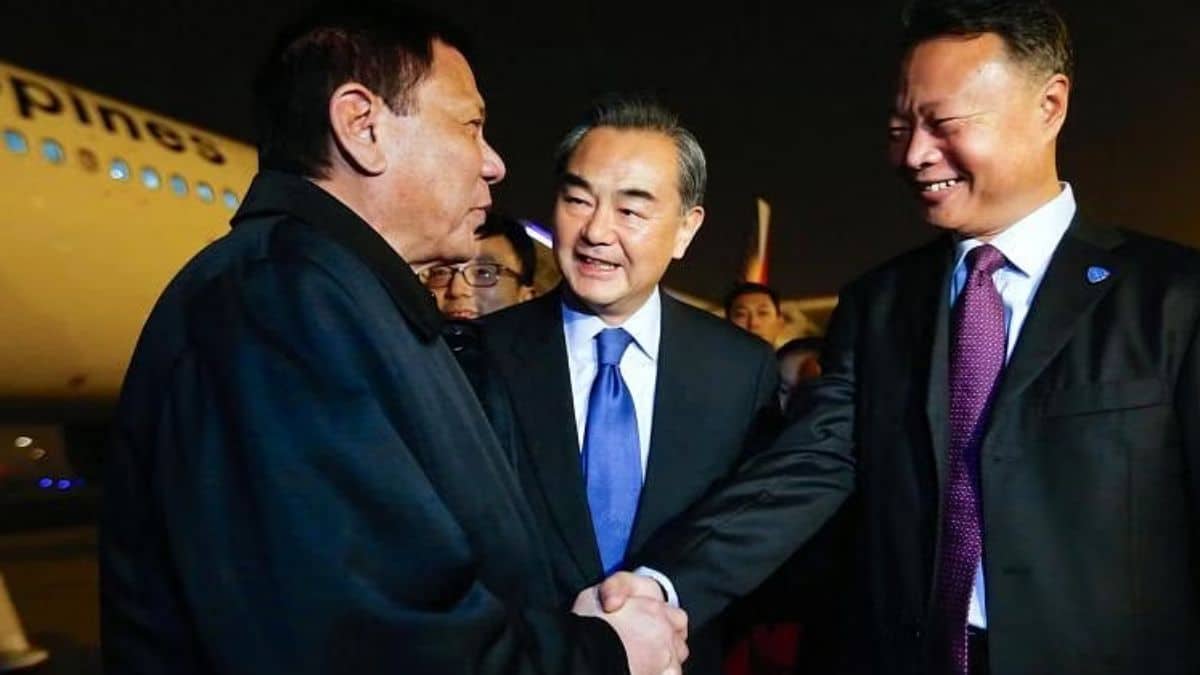China has firmly endorsed the decision made by Philippine President Ferdinand Marcos Jr. to outlaw Philippine Offshore Gaming Operators (POGOs) since these companies have been implicated in criminal activity. The Chinese Embassy in the Philippines praised the restriction in a statement. “We are pleased with President Marcos’ declaration outlawing POGOs in its entirety. The statement said, “We think this decision serves the common interests of people in both countries and echoes the call of the Filipino people.”
Following President Marcos’ third State of the Nation Address, in which he emphasized the illicit acts associated with these operators, the decision to outlaw POGOs was made. The President mentioned many POGO hub raids that turned up evidence of crimes like love fraud and torture chambers.
The Chinese government has consistently expressed its disapproval of gambling in all its forms, and the embassy has previously called on the Philippine government to prosecute POGOs. Beijing’s determination to work with the Philippines to crack down on these operations has strengthened its strong stance against gambling. “The Chinese government strictly cracks down on Chinese citizens engaging in overseas gambling businesses, including POGO,” said the embassy. “In line with this commitment, China is ready to continue its strong law enforcement cooperation with the Philippines and better protect the safety and well-being of the two peoples.”
China has already offered support to the Philippines in resolving POGO-related difficulties. The Chinese government was instrumental in the closure of five POGO hubs and the return of about one thousand Chinese nationals who had been involved in these operations in 2023. In the Philippines, discussions among government officials on the possible threats these businesses may represent to national security have made POGOs a divisive topic. Discussions about the necessity of a broad prohibition have heated up in response to the recent raids on POGO hubs.
For several years, POGOs have been in operation in the Philippines, drawing a sizable influx of Chinese labourers. These operators have been connected to several illicit operations, including money laundering, human trafficking, and other criminal ventures. The need to handle the POGO issue has become more pressing with the uncovering of torture chambers and love frauds.

